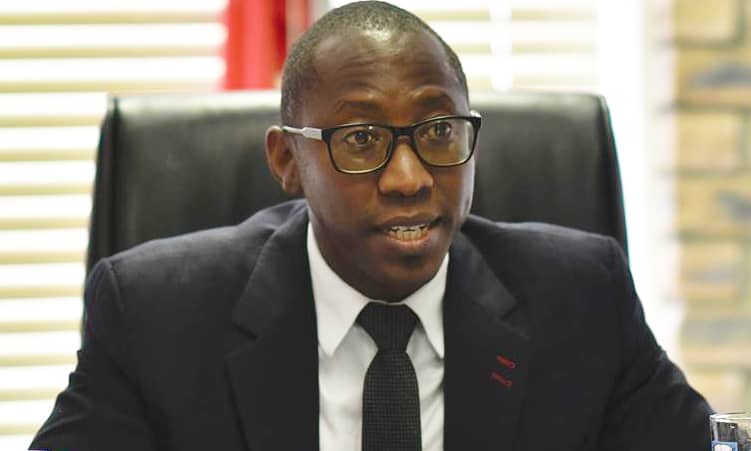THE taxpayer will have to fork out nearly 50 per cent more for the Namibia Central Intelligence Service (NCIS) in 2009 than in 2008 as Government gears itself to be able to intercept all electronic communication in the country once the controversial Spy Bill is implemented.
Government has budgeted N$80,9 million for the NCIS this year – 49,8 per cent more than the N$54 million allocated to the service last year.For next year, N$78,8 million has been aside, while N$62,5 million will be spent on the NCIS in 2011, official budget documents show.This amount does not include the bill for the interception equipment, which local communications companies will have to foot, Information and Communication Technology Minister Joel Kaapanda indicated yesterday.Namibians must not become ’emotional’ when dealing with issues of national security, Kaapanda told a National Council panel at the beginning of the public hearings on the Telecommunications Bill.Leading a team of eight, Kaapanda said the three-day hearings on the Bill ‘should not be bogged down by trivial arguments’ like those in the media, which, according to him, were ‘distorted’.Sections 70 to 77 of the Telecommunications Bill are ‘a necessary instrument’ and doesn’t ‘necessarily’ mean that Government will listen to ‘individual conversations’, Kaapanda said, adding that the NCIS will need a court order before it can eavesdrop on conversations and read the correspondence of suspicious people.The Spy Bill, which was passed by the National Assembly in July, makes provision for interception centres where all phone calls, e-mails and other Internet messages can be scrutinised by the secret service. According to the Bill, the providers of telecommunications services must ensure that such services are provided ‘in such a manner that it is capable of being intercepted’.MTC Corporate Affairs Manager Albertus Aochamub yesterday told The Namibian that Government has not approached MTC in this regard yet.However, it’s normal practice worldwide for telecoms operators to bear the cost of the interception equipment, Aochamub said.’Provided that there is some sort of compensation from government’s side afterwards,’ he added.If not, the company will have to ‘find some way to recoup the costs’. ‘The last thing one wants to happen is that the cost is passed on to the consumer,’ Aochamub said.The cost of spying was one of the issues at yesterday’s public hearing. Other questions that cropped up were the difference between encoding, encryption and decryption, and the extent to which these actions will be required. The hearing panel also wanted to know who will ‘carry’ the inception centres, and asked why the spy sections weren’t included as an amendment to the Namibia Central Intelligence (NCI) Act. They were curious too about the fact that Government keeps stressing the importance of interception. However, it is only mentioned in the seven sections and nowhere else in the Tele-communications Bill.Of all these questions, only the one on an amendment to the NCI Act was answered fully. ‘It is not advisable to create interception centres in each and every law that provides for the right to intercept, such as the NCI Act,’ Communication Director Henri Kassen said.He admitted that there wasn’t much detail about the regulation of information. ‘It is a very technical issue and we don’t know what the future of the market holds,’ Kassen said, adding that Government might find other techniques to obtain information along the way.However, it is a ‘flowing process’ and ‘stakeholders’ will be consulted, he said.jo-mare@namibian.com.na
Stay informed with The Namibian – your source for credible journalism. Get in-depth reporting and opinions for
only N$85 a month. Invest in journalism, invest in democracy –
Subscribe Now!










